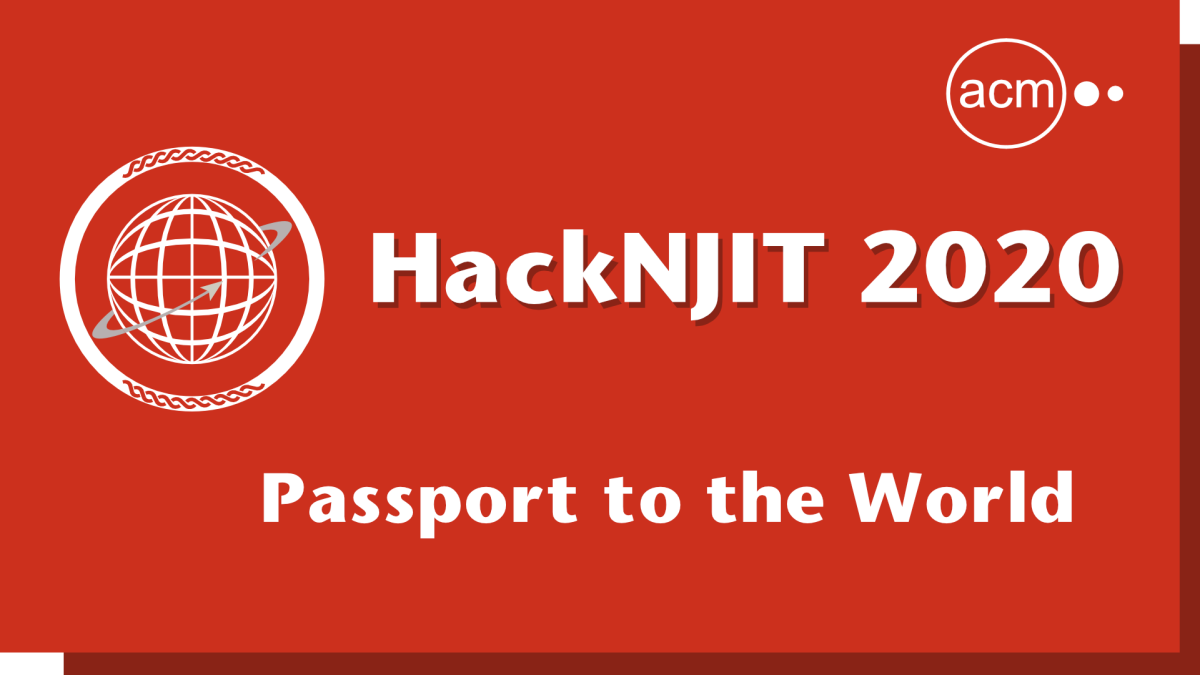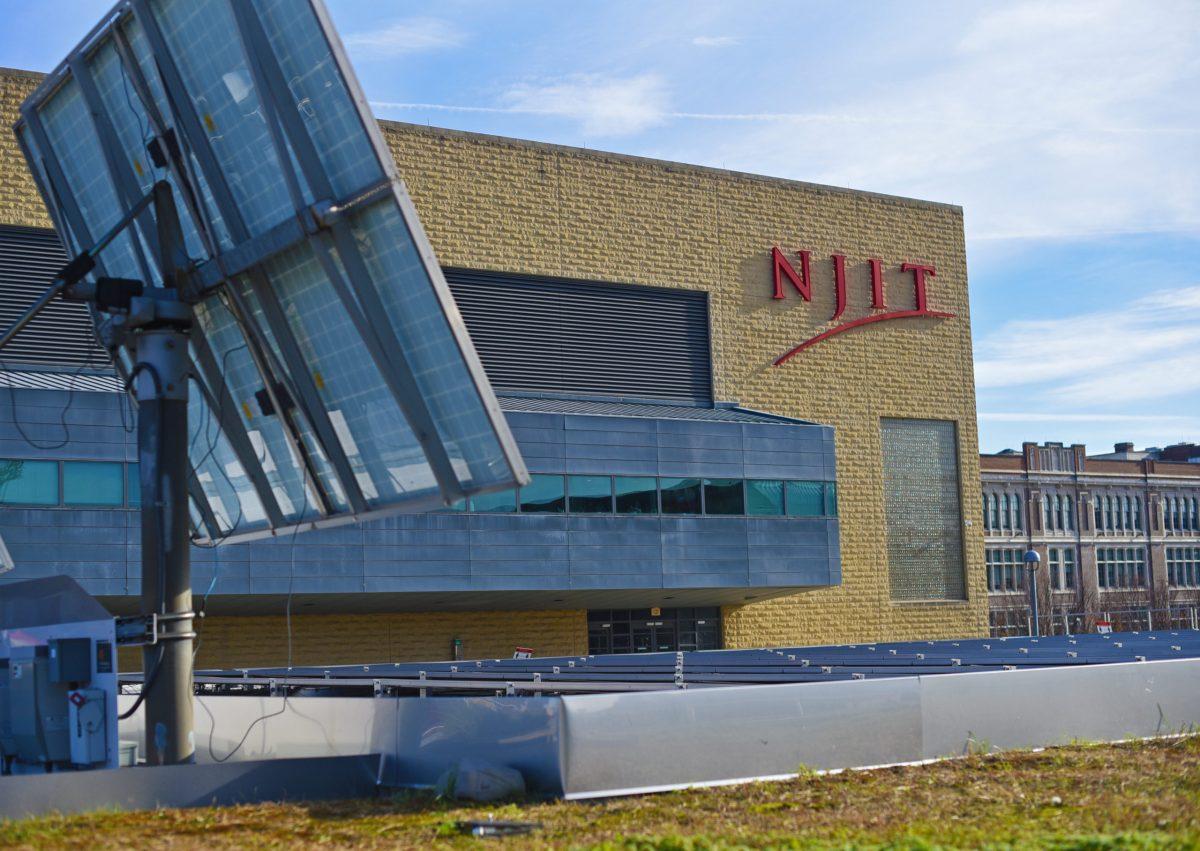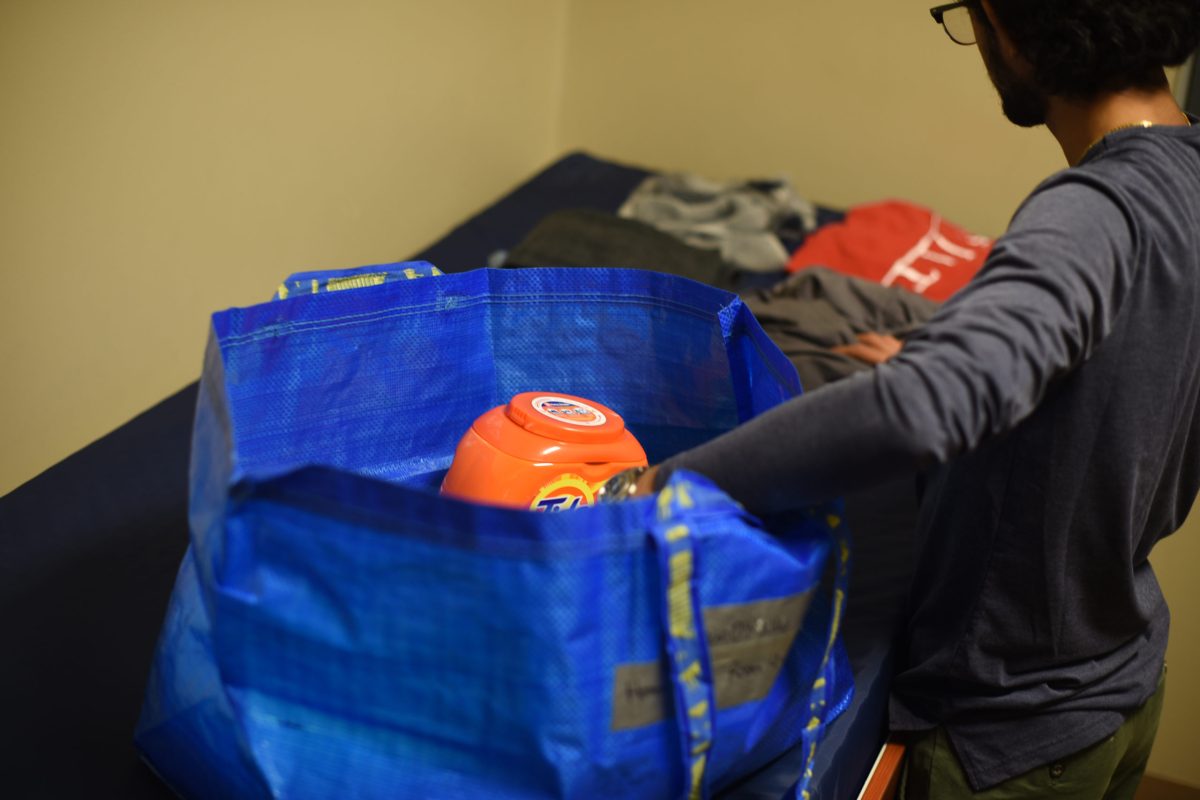Each year, NJIT’s chapter of the Association for Computing Machinery (ACM) hosts HackNJIT, a 24-hour hackathon. The seventh iteration of this annual event started last Saturday, Nov. 7 at 10 am, where 130 hackathon competitors (also referred to as “hackers”) and approximately 200 people total (including volunteers, organizers and sponsors) converged in the event’s Discord server. It was the first time the event was conducted fully virtually.
“When you’re running an in-person event, you’re focused a lot on making sure that the people in the building are safe, happy and well-fed— food is a big concern, for instance, whereas when you’re online you don’t have to buy food. But you do have to make sure you’re running a lot of compelling workshops in order to keep people interested because you don’t have that sort of shared space that you can use a way of joining people together,” said Evan Markowitz, fourth-year computer science major and ACM president, reflecting on the differences between an in-person and a virtual HackNJIT. This was his fourth year participating in HackNJIT and third time being involved in the organization process.
“You’re able to make connections a lot easier when you’re in the same room than when you’re just in a Discord call, so having a lot of opportunities for people to talk to each other was really important,” continued Markowitz. “When we were doing [HackNJIT] physically, the organizers were all at the same table near the main stage, so volunteers and hackers could come and chat with us. We kept that going this year virtually, and just hanging out in the organizer table and chatting with people was a lot of fun.”
“Planning [the hackathon] wasn’t too difficult, but the technical difficulties were definitely something we were wary of. Not knowing there was a cap of people on the calls, Discord not working right at the beginning during our ‘sign-in,’ they were hurdles we had to deal with for sure, but we learned how to deal with them in the moment,” said Andrea Cleofe, information technology senior and ACM secretary. Overall, “HackNJIT 2020 was a pretty smooth experience. I hope that everyone who attended had a good time and I hope that next year we can have it in person!”
A non-technical challenge that HackNJIT organizers faced was vying with other hackathons for participants. With most hackathons fully virtual now, local events are competing with the whole world for attention as transportation no longer becomes a factor. 15 other hackathons, including HackRU by Rutgers University, were also hosted on the Nov. 7-8 weekend. Despite this, HackNJIT attracted many students not just from NJIT but throughout the country.
“I decided to research for upcoming hackathons on Devpost, and HackNJIT was one of the first few that came up on the list,” said Sukhnandan Kaur, a sophomore computer science major at Queen’s College in New York, describing what inspired her to compete in the event. This was her first ever hackathon. “NJIT being a tech institute and near New York, I joined the Discord server and checked out the sponsored companies and workshops. The atmosphere and the UX/UI workshop grabbed my attention and I decided to register immediately.”
Participants could take a break from hacking by attending informative workshops hosted by sponsors and NJIT organizations. Workshops included the UX Whiteboard Challenge with NJIT SIGCHI, the RISC-V Workshop with NJIT IEEE, Digital Design with NJIT Art Club, Unity with NJIT IGDA and Azure Static Web Apps with Microsoft. Other activities included Super Smash Bros. Melee Tournament, Pokémon Showdown Tournament, Improv with Improv Technicians and a technical Capture the Flag presented by the US Air Force. Features like live virtual help desks staffed by sponsors and NJIT volunteers, as well as a radio station where people could listen to music together also helped engage participants.
A total of 24 projects were submitted for judging, which can be viewed on the HackNJIT page on Devpost—a website commonly used at hackathons for displaying and judging projects. Judging was conducted by ACM board members and three guest judges: NJIT alumni and former ACM presidents Mathew Gasin ’20, Theresa Wagner ‘18 and visiting Facebook Engineer-in-Residence Sresht Rengesh.
The first-place project, “Band Together,” was developed by NJIT juniors Samuel Carlos and Vineet Sridhar and sophomores Abakir Hanna and Mike Jeong. Inspired by the challenges of audio lag in now-ubiquitous Zoom and WebEx calls, the team wanted to “build a platform that allows people that love playing music with friends or band members a space to play different instruments at the same time that gets inputted and heard at the same time.” In addition to winning first place, the team also won Best Hardware Hack, Pi in the Sky (Weirdest Hack) and Best IoT Hack.
In second place came “Language Liquidator,” developed by NJIT senior John Makely and Montclair State University seniors Christian Kohlmayer and Brandon Silva. The team created a live “1:1 video chat platform with integrated speech translations.” In addition to winning second place, the team also won Best Domain Registered with Domain.com and Long Distance (Best Chat Hack).
The third place project, “Pneom-o-ray,” was developed by a diverse team comprising of NJIT graduate student Ketki Ambekar, NJIT sophomore Justin Bautista, Queen’s College sophomore Sukhnandan Kaur from New York and Make School senior Vladyslav Nykoliuk from California. Inspired by COVID-19, “Pneum-o-ray” is a preliminary diagnostic tool that “serves to quickly detect whether a chest x-ray belongs to a healthy person or to someone who has developed pneumonia” by using an artificial intelligence neural network model.
“During my time at HackNJIT, I connected with such amazing individuals and learned new techniques from them,” said Kaur, who was one of four members on the Pneum-o-ray team. “As my team and I worked on Pneum-o-ray, I became familiar with the software Django and developed new skills on GitHub. Additionally, since some of my teammates had more experience in the tech field I was able to gain insight on Machine Learning, Heroku, and how to build an API to host our model. Although this was my very first hackathon and I doubted myself in the beginning, my team and I were able to win in third place. I am so grateful for this experience and thankful to be surrounded by such talented individuals.”
Several other projects also won sponsor prizes. The full list of project submissions and winners is available on HackNJIT’s Devpost page.
“Getting a chance to judge a lot of the [projects] and see all the hard work that the different participants put in is always really rewarding. It’s nice to see the cool things that people make during these events,” said Markowitz. “Even though we’re online in this weird pandemic mode, it doesn’t mean that we can’t do things. Obviously it’s different; I’m not going to say this is the exact same experience, but you can still forge a meaningful experience for students and for people who come to your events even though we’re online.”






































